The Massachusetts Department of Public Health (DPH) issued a health alert for a Boston mumps outbreak, on Monday, June 5th, to healthcare providers and local boards of health. There have been 12 reported cases of mumps during the recent outbreak. The affected residents' symptoms occurred between March 24th and May 31st, and 10 of the 12 had symptoms after May 9th. There have been 35 confirmed cases of mumps in 2017 in Massachusetts, and "nearly 300" suspected cases in the continuing outbreak.
According to the press release from the Massachusetts DPH, "To date, the vast majority of confirmed and probable mumps cases in Massachusetts have been among vaccinated college students and others linked to colleges and universities. The 12 new cases are among adults ranging in age from 20 to 41 and living in Chelsea, Boston, and Revere with no known connection to higher education, and public health officials say that may represent a change in the epidemiology of mumps in Massachusetts."
The release also informed the public ...
"MMR vaccination is highly protective against mumps and is recommended for children and adults," said Public Health Commissioner Monica Bharel, MD, MPH, referring to the Measles, Mumps, and Rubella (MMR) vaccine. "In addition, those who have mumps should stay isolated at home for 5 days after their onset of swelling. Mumps is usually a mild disease but can cause serious illness. If you think you have mumps, stay home and call your healthcare provider.''
There was an unusually severe occurrence of mumps in 2016 in Massachusetts and in the rest of the country. One possible reason for increasing mumps incidence put forth as likely during the 2016 outbreak is that "the vaccine's effectiveness appears to wane over 10 or 15 years."
Nationally, "From January 1 to April 22, 2017, 42 states and the District of Columbia in the U.S. reported mumps infections in 2,570 people to CDC," reports the CDC's page on mumps outbreaks. Mumps outbreaks have been generally increasing since 2006.
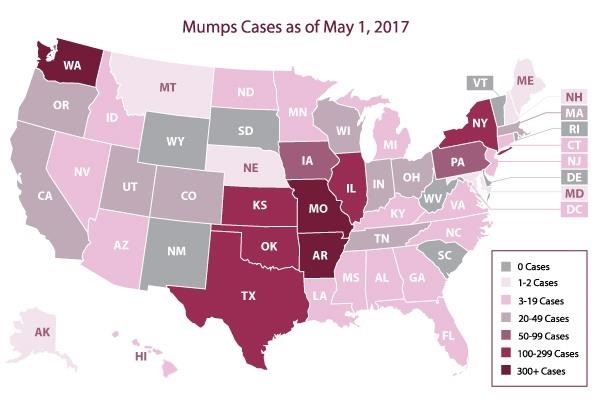
Even when a community is mostly vaccinated, mumps can spread more easily in some, particularly crowded, conditions. According to the CDC, "Since the pre-vaccine era, there has been a more than 99% decrease in mumps cases in the United States. Mumps outbreaks can still occur in highly vaccinated U.S. communities, particularly in close-contact settings such as schools, colleges, and camps. However, high vaccination coverage helps to limit the size, duration, and spread of mumps outbreaks."
A lack of herd immunity increases the chance of an outbreak; around 95 percent or 96 percent vaccination in a population tends to prevent rapid spread, while less than that, even with a majority, creates risk even for those who are vaccination. There is also part of the population that cannot receive vaccines such as MMR due to other medical conditions, increasing the importance of sufficient vaccination of the community around them to avoid exposure.
Mumps symptoms can vary, and asymptomatic mumps can still be infectious. As described by CDC guidelines for healthcare providers ...
"Mumps is an acute viral illness caused by a paramyxovirus. The classic symptom of mumps is parotitis (i.e., acute onset of unilateral or bilateral tender, self-limited swelling of the parotid or other salivary gland(s)), lasting at least two days, but may persist longer than ten days. The mumps incubation period ranges from 12-25 days, but parotitis typically develops 16 to 18 days after exposure to mumps virus. Nonspecific prodromal symptoms may precede parotitis by several days, including low-grade fever which may last three to four days, myalgia, anorexia, malaise, and headache. However, mumps infection may present only with nonspecific or primarily respiratory symptoms or may be a subclinical infection."
The Massachusetts DPH release states, "Mumps virus is spread through infected respiratory tract secretions. It can be spread within three to six feet when an infected person coughs or sneezes or with direct contact with infected secretions (e.g. sharing water bottles). The incubation period can range from 12 to 25 days. Parotitis (swelling of the salivary glands) is the most common symptom (30-65%), but non-specific symptoms such as myalgia, anorexia, malaise, headache, and low-grade fever may precede the parotitis by several days… People are considered infectious from two days before symptoms begin until five days after the onset of parotid swelling. Therefore, those suspected of mumps should be isolated and should refrain from public activities for five days after the onset of swelling."
Isolation and quarantine measures are being implemented in Massachusetts to control the outbreak. The CDC recommends that those who may have mumps stay home in a separate room from others if possible, and contact a healthcare provider.
This latest outbreak is part of a trend of growing incidence of mumps and other once-common, previously near-eradicated diseases for which vaccines exist. For those who do not have regular health care, there may be alternative options for vaccines and adjusted cost vaccination options. A U.S. Department of Health and Human Services page makes options searchable by location. Education and improved accessibility of health care could prevent or mitigate future outbreaks.
Just updated your iPhone? You'll find new emoji, enhanced security, podcast transcripts, Apple Cash virtual numbers, and other useful features. There are even new additions hidden within Safari. Find out what's new and changed on your iPhone with the iOS 17.4 update.
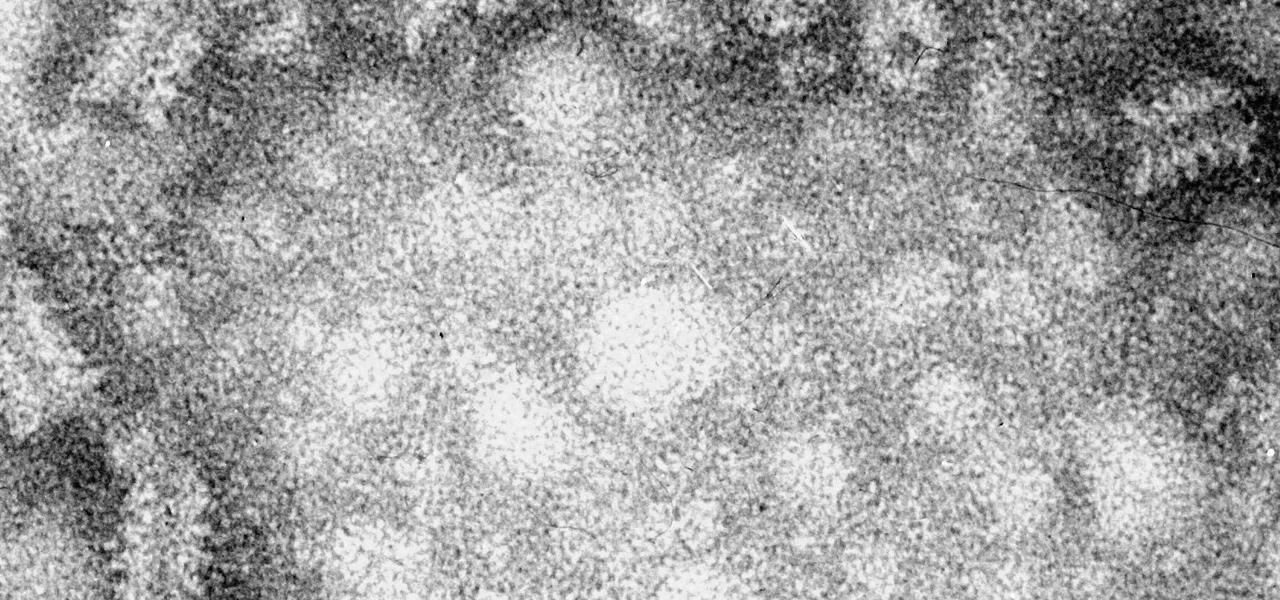


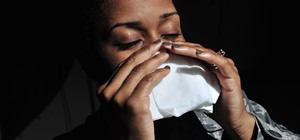

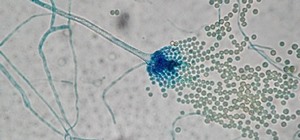
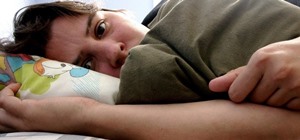
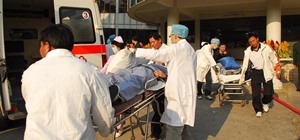

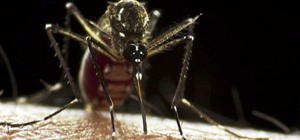





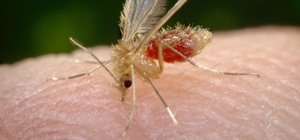




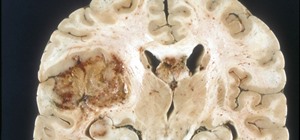
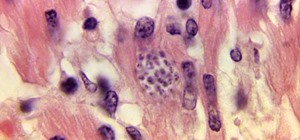




Be the First to Comment
Share Your Thoughts